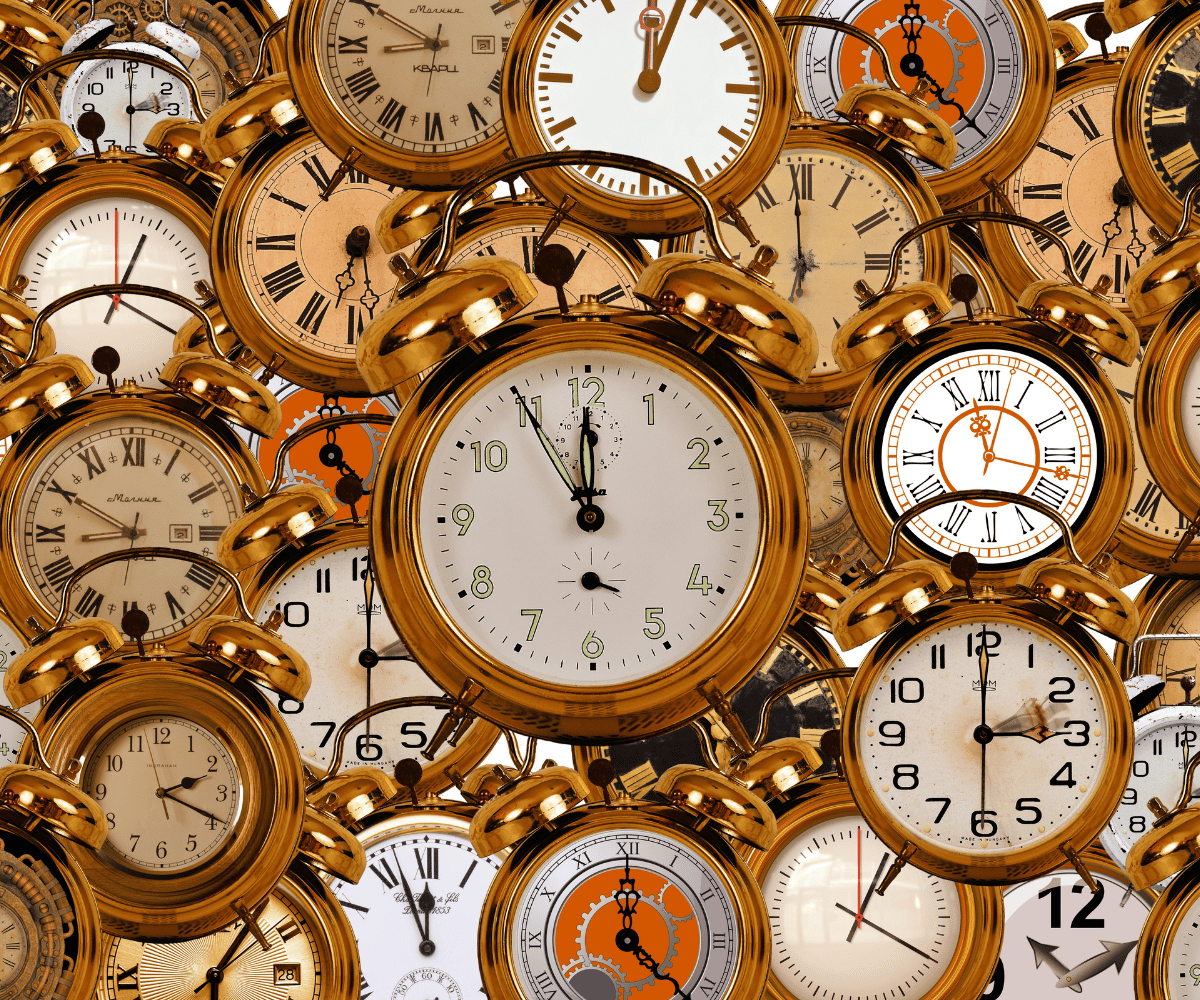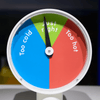How Much Sleep Does a Person Need? A Scientific Perspective

Sleep is a fundamental biological process crucial for health and well-being. Despite its importance, many people struggle to get enough sleep. Understanding how much sleep is necessary can help individuals make informed decisions about their sleep habits and improve their overall health.
The Sleep Cycle
Sleep occurs in cycles, with each cycle lasting about 90 minutes and consisting of four stages: three stages of non-rapid eye movement (NREM) sleep and one stage of rapid eye movement (REM) sleep. Each stage serves a different function in maintaining physical and mental health:
Stage 1 (NREM): Light sleep, transition between wakefulness and sleep.
Stage 2 (NREM): Deeper sleep, body temperature drops, heart rate slows.
Stage 3 (NREM): Deep sleep, essential for physical recovery and immune function.
REM Sleep: Brain activity increases, dreams occur, critical for cognitive functions like memory and learning.
Recommended Sleep Duration
The amount of sleep needed varies by age and individual factors. The National Sleep Foundation provides general guidelines for different age groups:
- Newborns (0-3 months): 14-17 hours per day
- Infants (4-11 months): 12-15 hours per day
- Toddlers (1-2 years): 11-14 hours per day
- Preschoolers (3-5 years): 10-13 hours per day
- School-age children (6-13 years): 9-11 hours per day
- Teenagers (14-17 years): 8-10 hours per day
- Young adults (18-25 years): 7-9 hours per day
- Adults (26-64 years): 7-9 hours per day
- Older adults (65+ years): 7-8 hours per day
Factors Influencing Sleep Needs
While these recommendations serve as a useful guideline, individual sleep needs can vary based on several factors:
- Genetics: Genetic differences can affect how much sleep a person needs and their sleep patterns. For instance, some people are naturally short sleepers and function well on less sleep.
- Health: Physical and mental health conditions can influence sleep requirements. For example, people recovering from illness or stress may need more sleep.
- Lifestyle: Diet, exercise, and stress levels can impact sleep quality and duration. Engaging in regular physical activity and maintaining a balanced diet can promote better sleep.
Consequences of Sleep Deprivation
Chronic sleep deprivation can have serious health consequences. According to the Centers for Disease Control and Prevention (CDC), insufficient sleep is linked to an increased risk of several chronic conditions, including:
- Obesity
- Diabetes
- Cardiovascular disease
- Depression and anxiety
Additionally, lack of sleep can impair cognitive functions such as attention, decision-making, and reaction time, increasing the risk of accidents and errors.
Optimising Sleep Quality
To optimise sleep quality and ensure adequate rest, consider the following strategies:
- Maintain a consistent sleep schedule: Go to bed and wake up at the same time every day, even on weekends.
- Create a sleep-friendly environment: Ensure your bedroom is cool, dark, and quiet. Invest in a comfortable mattress and pillows.
- Limit exposure to screens before bed: The blue light emitted by phones, tablets, and computers can interfere with the production of melatonin, a hormone that regulates sleep.
- Practice relaxation techniques: Activities such as reading, taking a warm bath, or meditating can help prepare your body and mind for sleep.
Conclusion
Sleep is a vital component of health, affecting various aspects of physical and mental well-being. While the amount of sleep needed varies by age and individual factors, following general guidelines and adopting healthy sleep habits can promote better sleep quality and overall health. Prioritising sleep is not just about quantity but also ensuring the sleep obtained is restful and rejuvenating.
References
- National Sleep Foundation. (2015). How Much Sleep Do We Really Need? Retrieved from sleepfoundation.org
- Centers for Disease Control and Prevention (CDC). (2020). Sleep and Sleep Disorders. Retrieved from cdc.gov
- Hirshkowitz, M., Whiton, K., Albert, S. M., Alessi, C., Bruni, O., DonCarlos, L., ... & Ware, J. C. (2015). National Sleep Foundation’s updated sleep duration recommendations: final report. Sleep Health, 1(4), 233-243. doi:10.1016/j.sleh.2015.10.004
- Walker, M. P. (2017). Why We Sleep: Unlocking the Power of Sleep and Dreams. Scribner.
-
Posted in
article, circadium, glow, hibern8, melatonin, mental, physical, recovery, sleep, sleep aid, sleep issues, sleep problem, sleeping pill, sleeping tablets, Tired, wellness







